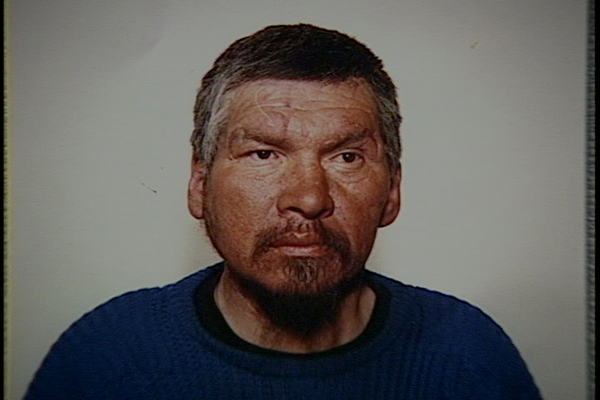Crown lawyers will be under scrutiny
in Frank Paul inquiry
Ian Mulgrew, Vancouver Sun, Nov. 2, 2010
Frank Paul
The long-interrupted inquiry into the needless death of Frank Paul resumes Wednesday to ask why prosecutors did not charge the two Vancouver cops who dumped the Mi’kmaq man unconscious in an alley to freeze.
Twelve years after the tragedy we finally will hear from the criminal justice branch honchos involved in this 1998 scandal.
Although the provincial government initiated these proceedings ostensibly to determine what happened on that cold December night and afterwards, it fought all the way to the Supreme Court of Canada to prevent these witnesses from testifying.
Victoria has long feared that focusing attention on prosecutorial discretion in the case would open an ugly can of worms and possibly tarnish the legal system.
That’s because we are no longer talking about a couple of cops who easily can be thrown under the bus for exercising bad judgment.
No, we are talking about major players in the legal establishment: B.C. Supreme Court Justice Austin Cullen and Provincial Court Judge Michael Hicks (the two regional prosecutors in the case); Gregory Fitch, director of criminal appeals and special prosecutions (director of legal services at the time); and Joyce DeWitt Van Oosten, a prosecutor who was then a Criminal Justice Branch bureaucrat.
In April, the country’s highest bench said Victoria was hoist on its own petard — in its terms of reference, it granted the inquiry authority to summon these swells and ask them why charges were not approved when a police video shows the 47-year-old Paul being dragged from jail unconscious and incontinent.
Fitch will be first on the stand.
It will be a rare glimpse inside the hieratic world of the Crown lawyers and their decision-making. Usually, that world is cloaked and hidden.
It promises to be dramatic: This is Robert Dziekanski redux, complete with smoking video.
The Vancouver police department apologized in 2004 for its treatment of Paul, but inquiry commissioner William Davies still hammered the department in his March 2009 interim report.
He concluded the officers acted with indifference and callousness and that there was an appalling lack of accountability within the force.
In 2000, one officer was suspended for two days for discreditable conduct; the other, one day for neglect of duty.
Davies found the investigation into Paul’s death flawed, superficial and inadequate — facts were overlooked, suspicions unaddressed, and clarifying evidence ignored.
He made numerous recommendations for the treatment of homeless, chronic alcoholics.
But the retired B.C. Supreme Court justice could not finish his report because he could not address questions surrounding the justice department’s response to the police coverup.
He said he needed to hear from the individuals involved.
In spite of a bystander’s video capturing the RCMP misconduct in Dziekanski’s death at Vancouver airport in October 2007, we never got an explanation why charges weren’t laid because prosecutorial privilege was invoked and upheld by the courts: The terms of reference of that inquiry did not include the Crown’s handling of the case.
Here too we have a heart-wrenching video that gives lie to a blatant police whitewash and makes Crown counsel look like willing dupes.
But this time we can ask the prosecutors what on earth were they thinking?
As with the Dziekanski tape, you cannot watch the Paul video and not realize something terribly wrong is happening.
These witnesses, however, I suspect are going to say they didn’t see the video, no one offered it to them and they did not think police officers would lie. They’ll claim they acted on only the information with which they were presented — flawed and inadequate as it was.
That’s what former Vancouver police chief Terry Blythe told the inquiry: He didn’t review any videos, he presumed the investigation was thorough, he washed his hands of it.
If the erstwhile prosecutors follow his lead, it’s going to leave a very sour taste in everyone’s mouth.
Back to
The problem goes beyond
biased investigations
